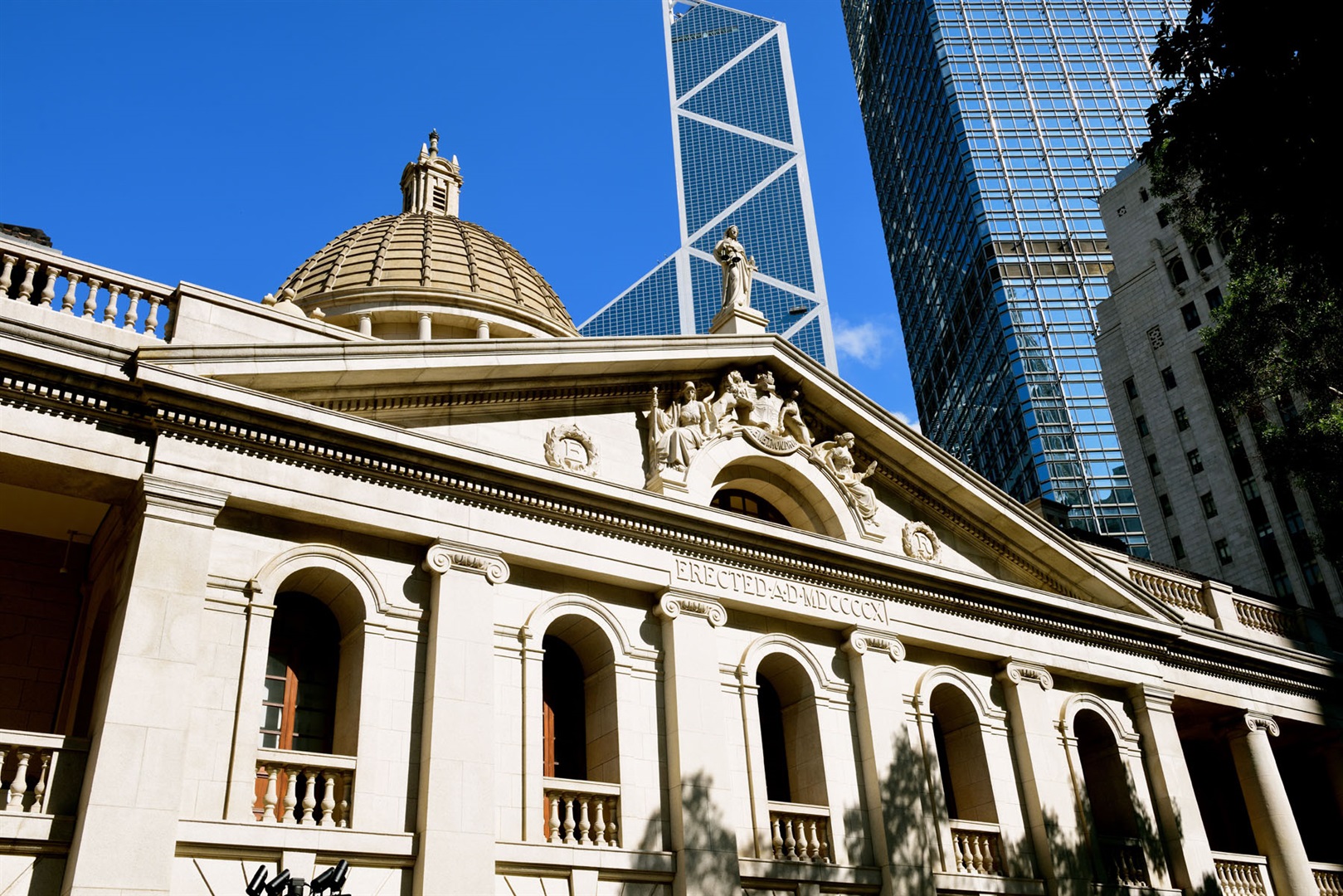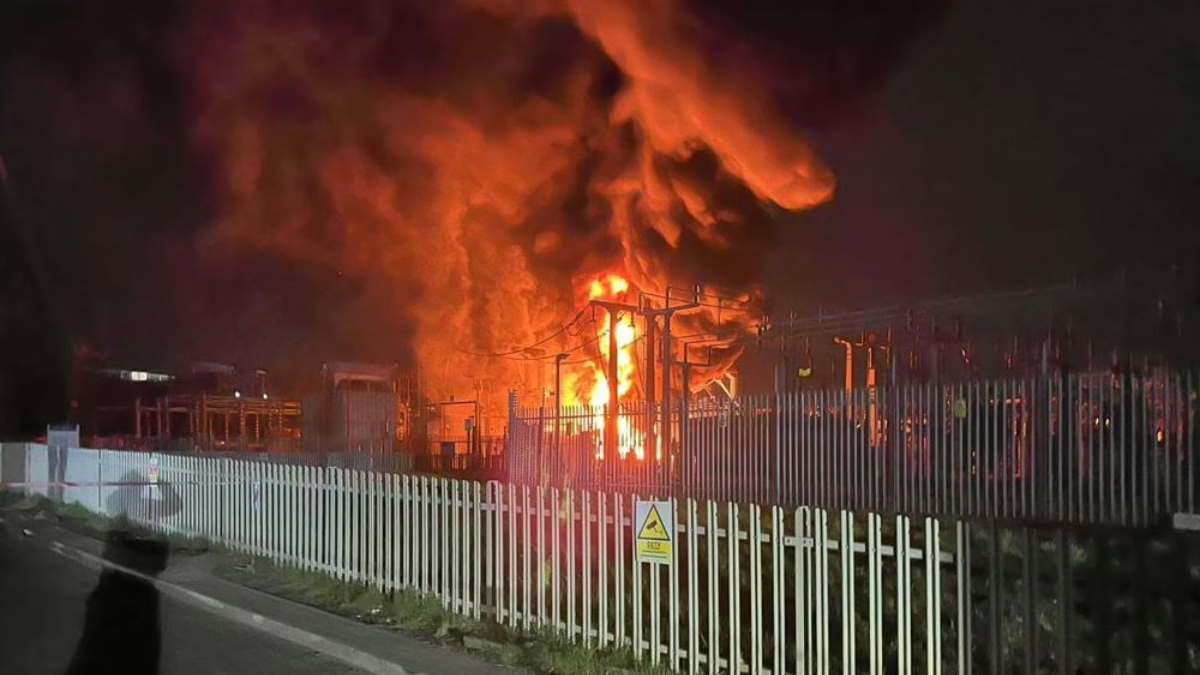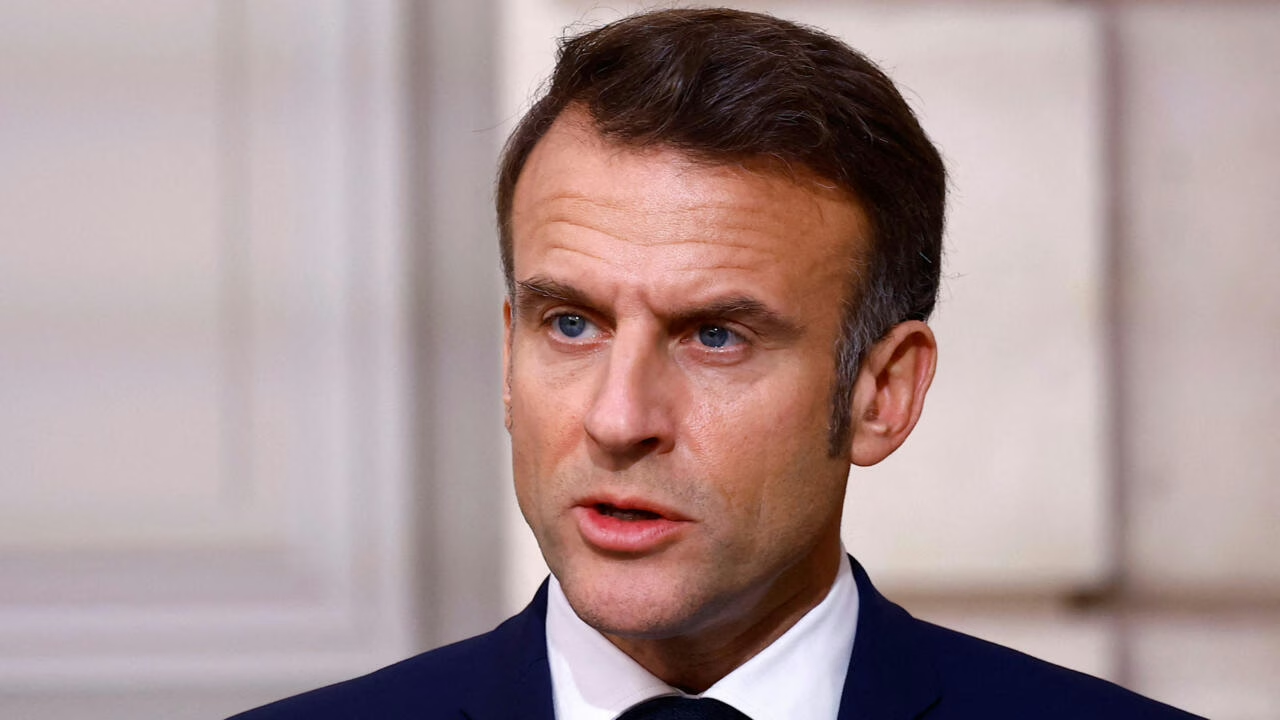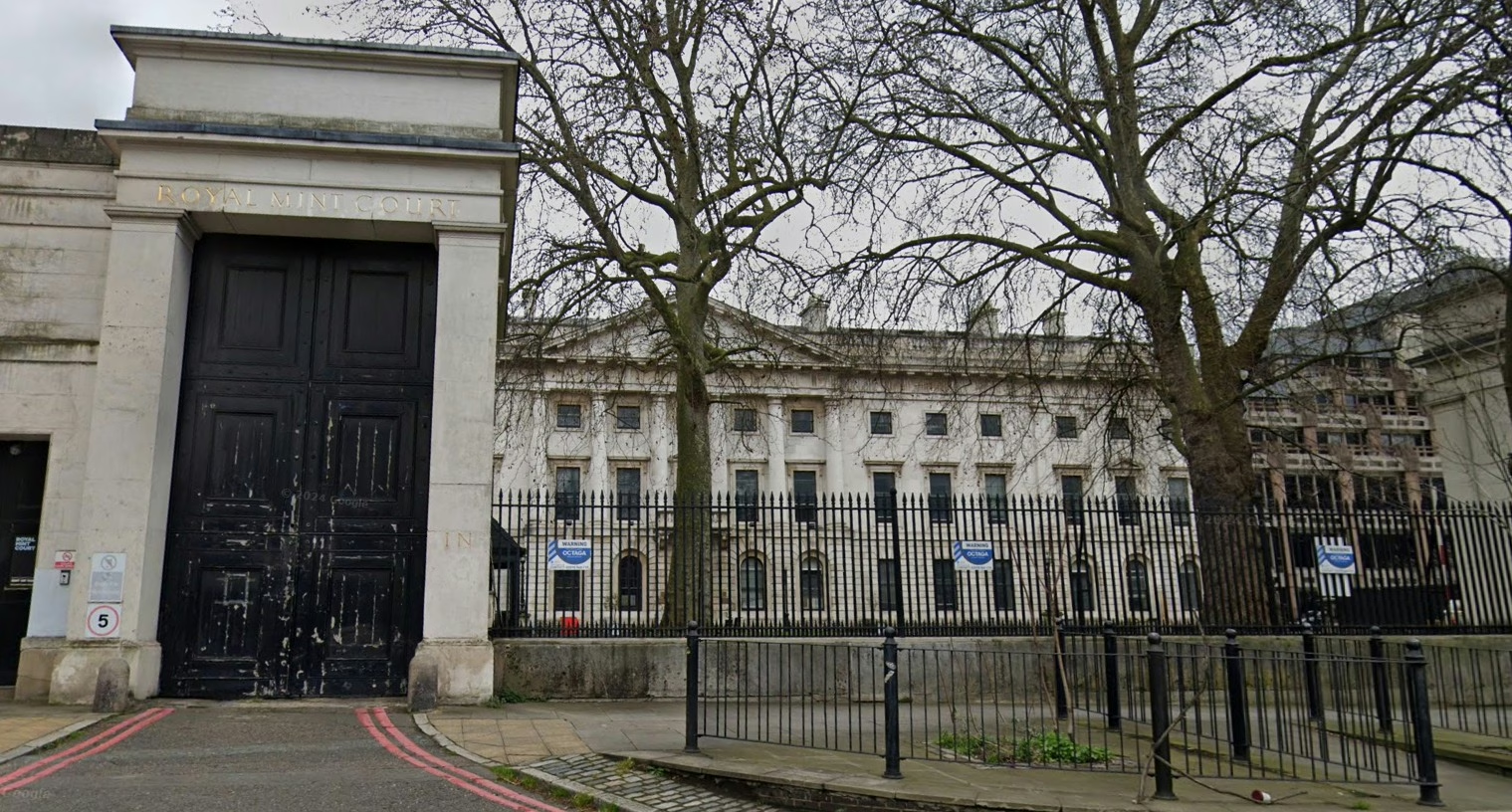Since the implementation of the Hong Kong National Security Law (NSL) in June 2020, the Hong Kong government’s enforcement actions have drawn widespread international criticism for breaching the International Covenant on Civil and Political Rights (ICCPR) and the Sino-British Joint Declaration. The high-profile “47 Democrats Case” has recently garnered renewed attention as some defendants were released after serving their sentences. Alongside cases involving Apple Daily, the Hong Kong Alliance, and the newly enacted Safeguarding National Security Ordinance (Article 23), these developments have been condemned for eroding freedom of speech, assembly, and judicial independence. Numerous governments and international organisations have responded with diplomatic measures, sanctions, and asylum pathways, urging Hong Kong to halt human rights violations. Below is a comprehensive report on case developments, human rights concerns, and global reactions.
47 Democrats Case: First Defendants Released, Controversy Persists
The “47 Democrats Case” stems from the 2020 democratic primary election, where 47 defendants were charged with “conspiracy to commit subversion” under the NSL. They were accused of orchestrating a primary to secure a legislative majority, with the intent to veto government budgets and force the dissolution of the legislature, thereby subverting state power. On 19 November 2024, 45 defendants were sentenced to prison terms ranging from 4 years and 2 months to 10 years. Benny Tai received the heaviest sentence of 10 years; Owen Chow was sentenced to 7 years and 9 months; and Gwyneth Ho, who pleaded not guilty and refused mitigation, received 7 years and has appealed, becoming the fifth defendant to do so.
On 29 November 2024, the first group of defendants was released after completing their sentences, including Claudia Mo, Jeremy Tam, Kwok Ka-ki, and Gary Fan. Each was sentenced to 4 years and 7 months but served approximately 3 years and 9 months, factoring in pre-trial detention (since March 2021) and remission for good behaviour. The release was conducted discreetly, with the Correctional Services Department arranging special transport under tight security. Other defendants, such as Joshua Wong (4 years and 10 months), may be nearing release, pending remission. Ricky Liu and Henry Lee were acquitted, with Lee being the first NSL defendant to be fully cleared.
Human Rights Concerns: The UN Human Rights Committee in July 2022 criticised the NSL’s vague definitions, leading to over 320 arrests, including 12 children, in violation of ICCPR protections for freedom of expression and association. In the 47 Democrats Case, nearly 80% of defendants were denied bail, with pre-trial detention lasting years, described by Human Rights Watch as “indefinite detention” and a breach of ICCPR Article 14 (right to a fair trial). The use of Chief Executive-appointed judges and the absence of a jury further undermined judicial independence.
Tong Ying-kit Case: First NSL Conviction Sparks Sentencing Row
Tong Ying-kit, the first person convicted under the NSL, was charged with “inciting secession” and “terrorist activities” for riding a motorcycle with a “Liberate Hong Kong, Revolution of Our Times” flag on 1 July 2020. Sentenced to 9 years in 2021, his term was reduced to 5 years on appeal in 2022. Scheduled for release in March 2024, Tong remains incarcerated due to a reassessment of his remission eligibility under the Safeguarding National Security Ordinance (enacted 23 March 2024). He has appealed the decision. The case established the slogan’s illegality, curbing freedom of expression.
Human Rights Concerns: Amnesty International condemned the NSL’s vague offence definitions, which fail the principle of legal certainty and target peaceful protesters, breaching ICCPR Article 19 (freedom of expression). The NSL’s extraterritorial jurisdiction (Article 38) has been criticised for threatening global free speech.
Jimmy Lai and Apple Daily Case: Press Freedom Under Siege
Apple Daily founder Jimmy Lai and senior executives face charges of “collusion with foreign forces” and “conspiracy to publish seditious publications” for articles allegedly calling for foreign sanctions on Hong Kong and China. Detained since December 2020, Lai has been denied bail, and his trial continues. Apple Daily ceased publication in June 2021, with its assets frozen. Other defendants, such as Cheung Kim-hung, pleaded guilty and received sentences of 5 to 7 years.
Human Rights Concerns: Human Rights Watch criticised the NSL’s powers for warrantless searches and asset freezes, which suppress press freedom and violate ICCPR Article 19. Lai’s case is widely seen as political persecution, with UN human rights experts urging a halt to prosecutions. The exclusion of UK barrister Timothy Owen from Lai’s defence highlights restrictions on defendants’ choice of counsel.
Hong Kong Alliance Case: Tiananmen Commemoration Banned
The Hong Kong Alliance, known for organising Tiananmen vigil candlelight gatherings, was charged with “inciting subversion” and “collusion with foreign forces”. Defendant Chow Hang-tung has served over 2 years for related sedition charges, with some charges pending. The Alliance was disbanded in 2021, and its assets frozen.
Human Rights Concerns: Amnesty International stated that the NSL’s ban on peaceful assemblies violates ICCPR Article 21 (freedom of assembly). Chow’s prolonged detention and bail denials underscore breaches of the right to a fair trial.
Article 23 Ordinance: Escalating Human Rights Restrictions
On 19 March 2024, the Safeguarding National Security Ordinance (Article 23) was unanimously passed, introducing offences such as treason, espionage, and sedition, with penalties up to life imprisonment. The ordinance’s “external interference” offence, carrying a 14-year sentence, targets routine interactions with foreign entities. It permits detention without charge for 16 days and restricts lawyer access, undermining fair trial rights. On 28 April 2025, a 22-year-old was arrested for seditious online posts, reflecting the ordinance’s expanded enforcement.
Human Rights Concerns: UN High Commissioner for Human Rights Volker Türk condemned the ordinance’s opaque legislative process and vague definitions, which could penalise cooperation with UN and human rights bodies, violating the ICCPR. Human Rights Watch described it as obliterating Hong Kong’s remaining freedoms, breaching the Sino-British Joint Declaration’s commitments. The ordinance’s extraterritorial reach threatens overseas Hongkongers, as seen in a May 2025 case where a Hong Kong student in Taiwan received NSL-related threats over a Facebook post.
Other Cases: Speech and Overseas Activities Targeted
The NSL targets online speech and overseas activism, with at least 35% of arrests linked to social media posts charged as “publishing seditious materials” or “inciting secession”. A Hong Kong student was jailed for 5 years after posting pro-independence messages in Japan. Hong Kong police issued HK$1 million bounties for overseas activists like Nathan Law, with six more added to the wanted list in December 2024, and seven had their passports revoked.
Human Rights Concerns: The NSL’s extraterritorial jurisdiction is criticised as “long-arm jurisdiction”, threatening global Hongkongers’ free speech and violating the ICCPR. Asset freezes and police interviews with families of overseas activists constitute psychological intimidation.
Breaches of International Human Rights Law
The international community has consistently accused the NSL and Article 23 of violating key human rights frameworks:
- ICCPR: The NSL’s vague definitions and overreach breach Articles 19 (freedom of expression), 21 (freedom of assembly), and 14 (fair trial). Prolonged detention and bail denials constitute arbitrary detention, violating Article 9.
- Sino-British Joint Declaration: As a legally binding treaty, the declaration guarantees Hong Kong’s high degree of autonomy and freedoms. The NSL and Article 23 are seen as undermining these commitments, violating international expectations.
- UN Human Rights Committee: In July 2022, it urged Hong Kong to repeal the NSL and cease prosecuting peaceful protesters and journalists. In March 2024, it criticised Article 23 for further eroding freedoms.
International Reactions
Numerous countries and organisations have taken a firm stance on Hong Kong’s human rights situation:
- United Nations: In July 2022, the Human Rights Committee called for the NSL’s repeal. In March 2024, High Commissioner Volker Türk denounced Article 23, urging protections for human rights organisations.
- United States: On 31 May 2024, the State Department expressed “deep concern” over the 47 Democrats Case, imposing visa restrictions on Hong Kong officials. The US extended the Deferred Enforced Departure (DED) programme for Hongkongers until February 2025, suspended extradition agreements in 2020, and sanctioned involved officials and entities.
- United Kingdom: The UK condemned the NSL and Article 23 as breaches of the Sino-British Joint Declaration, offering a BNO immigration pathway for 3 million Hongkongers. It suspended extradition agreements and repeatedly demanded Jimmy Lai’s release.
- European Union: The EU expressed “grave concern” over the NSL, restricting exports of equipment potentially used for repression. In October 2020, Germany, on behalf of 39 countries, condemned China’s human rights violations at the UN General Assembly.
- Canada, Australia, New Zealand: These countries suspended extradition agreements and offered study, work, and permanent residency pathways for Hongkongers. Canada condemned Article 23 in March 2024, calling for the preservation of Hong Kong’s freedoms.
- Other Countries: Ireland, the Netherlands, Germany, Finland, and five others suspended extradition agreements in October 2020. Twenty-seven countries criticised the NSL at the UN Human Rights Council in June 2020, while 53 countries, mostly “Belt and Road” participants, supported it.
- Human Rights Organisations: Amnesty International and Human Rights Watch condemned the NSL and Article 23 for dismantling Hong Kong’s freedoms, calling for their repeal and investigations into excessive police force.
- Corporate Response: Multinational firms, wary of the NSL and Article 23’s vague enforcement, have relocated from Hong Kong to financial hubs like Singapore and Tokyo.
Outlook
The release of the first group of 47 Democrats Case defendants marks a significant moment, but ongoing appeals, the status of remaining prisoners, and cases like Jimmy Lai’s will continue to draw scrutiny. The enforcement of Article 23 and the treatment of overseas activists remain contentious. The international community urges Hong Kong to honour the Basic Law, ICCPR, and Sino-British Joint Declaration to restore rule of law and freedoms. Whether Hong Kong can balance national security with human rights remains a critical global concern.
Discover more from “Bridging Hongkongers. Reporting Truth.”
Subscribe to get the latest posts sent to your email.




